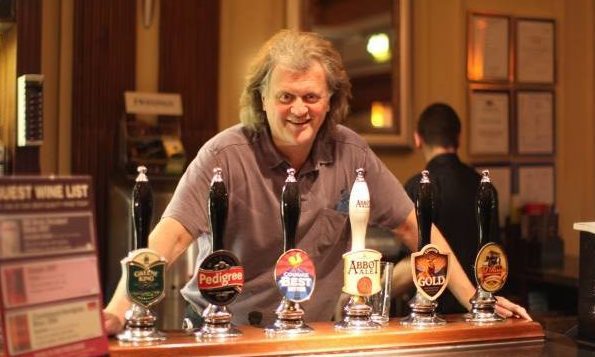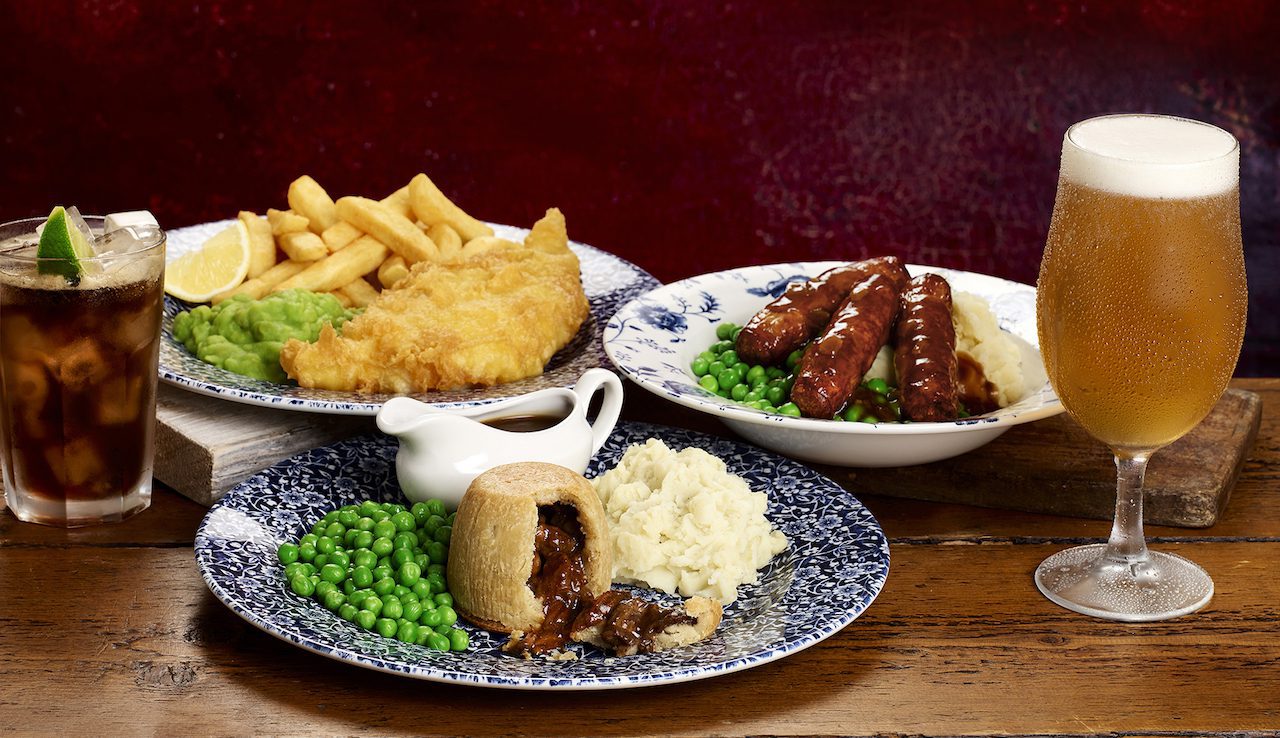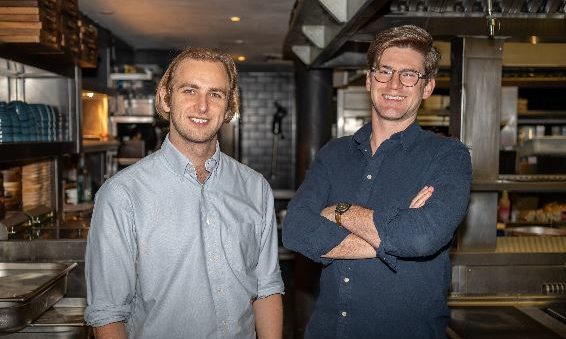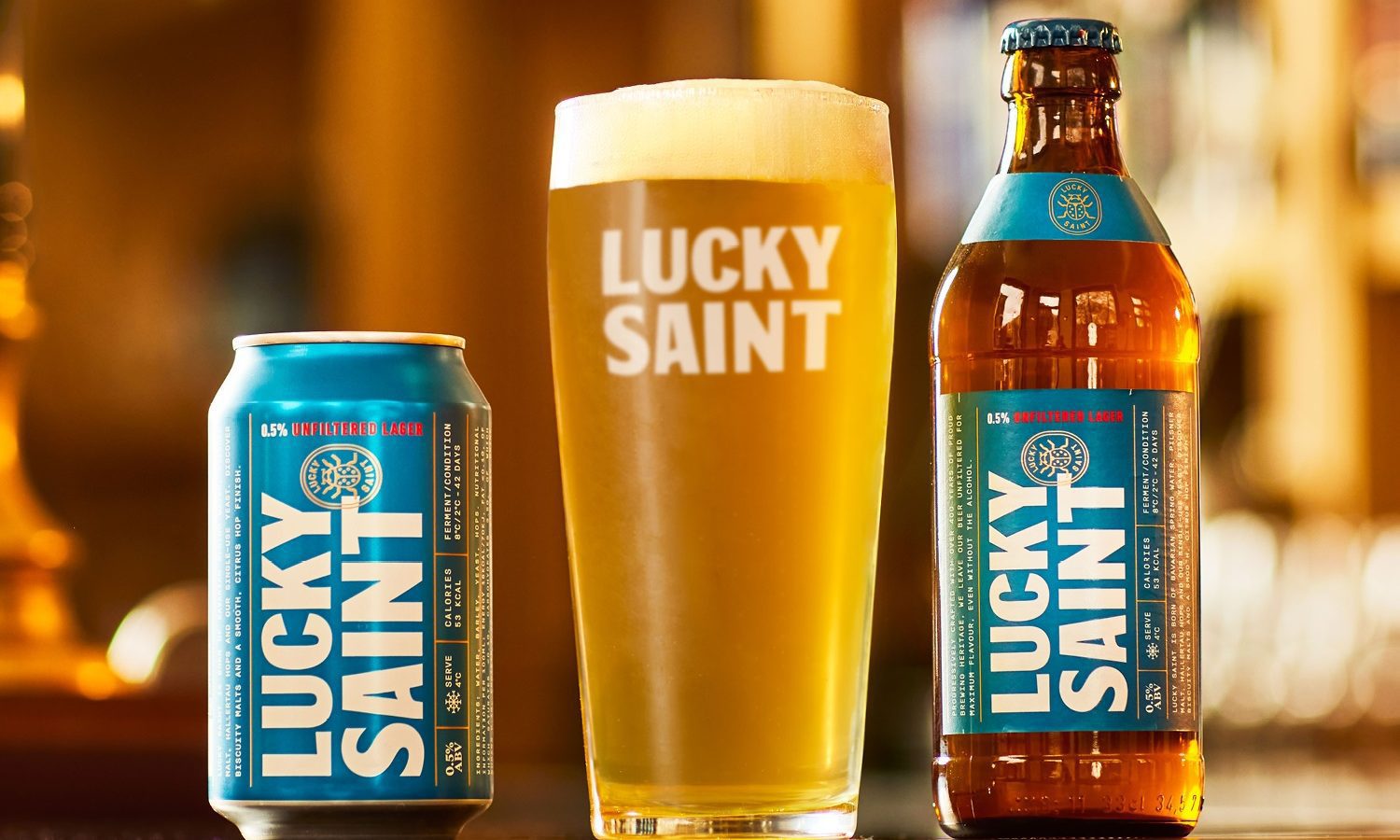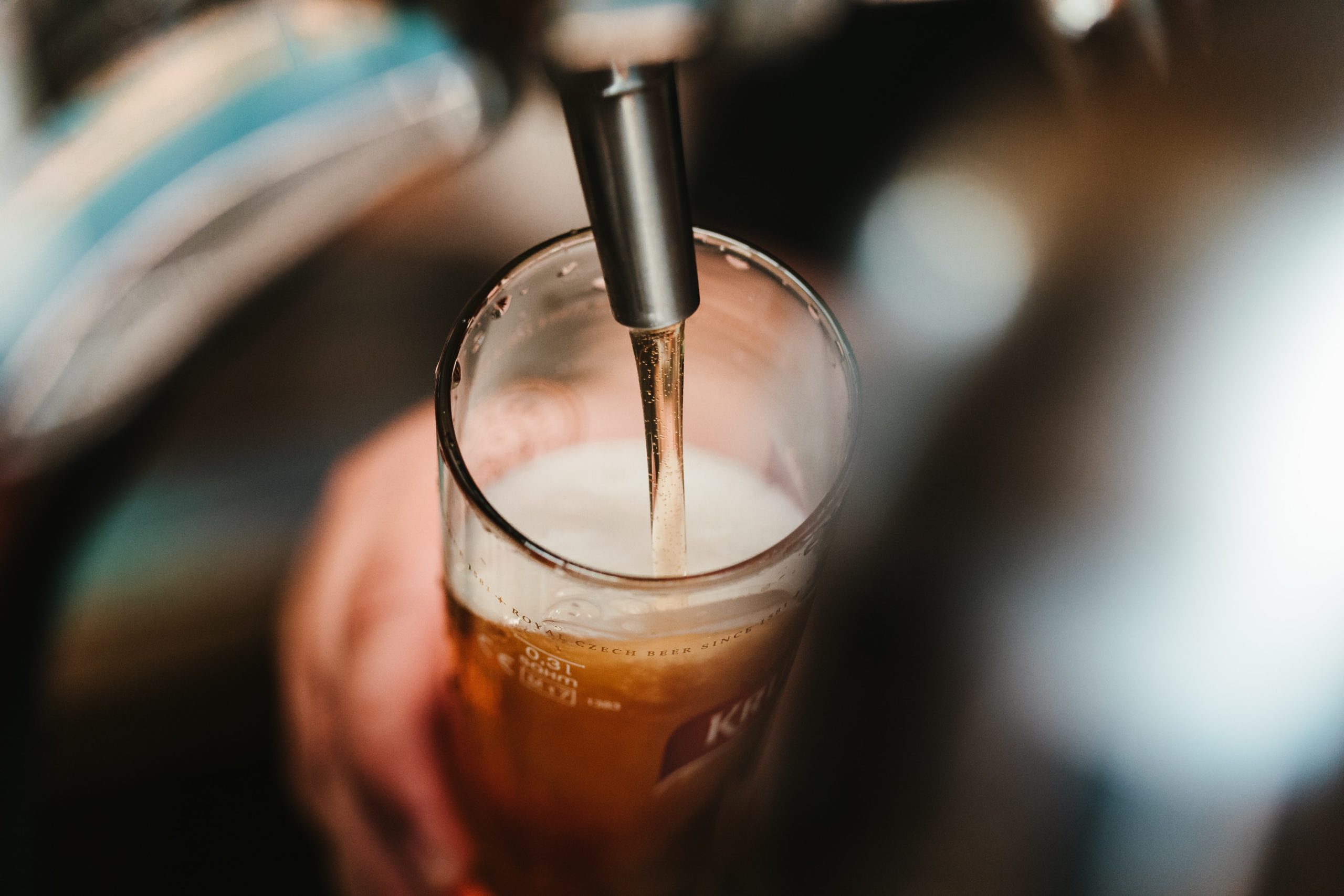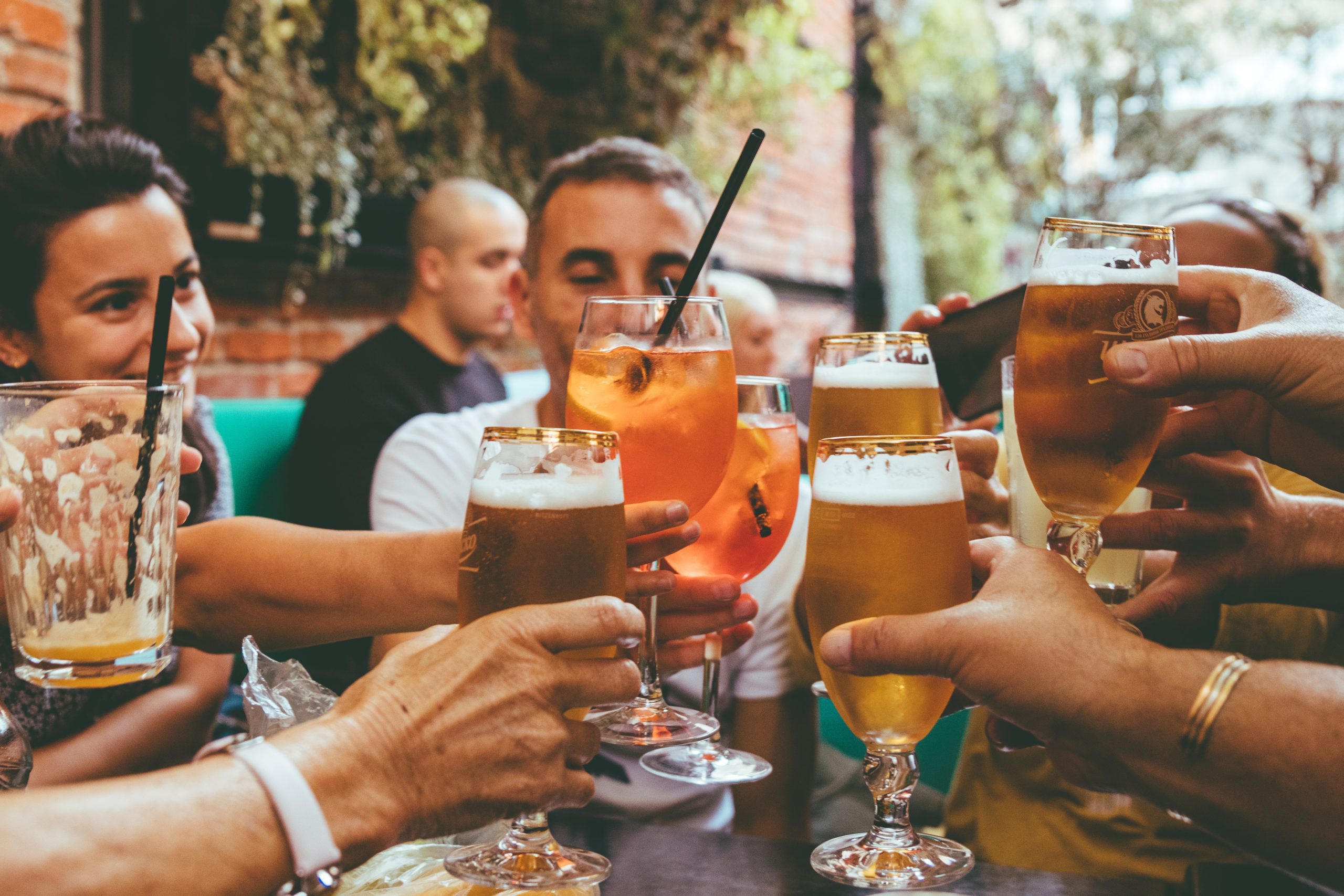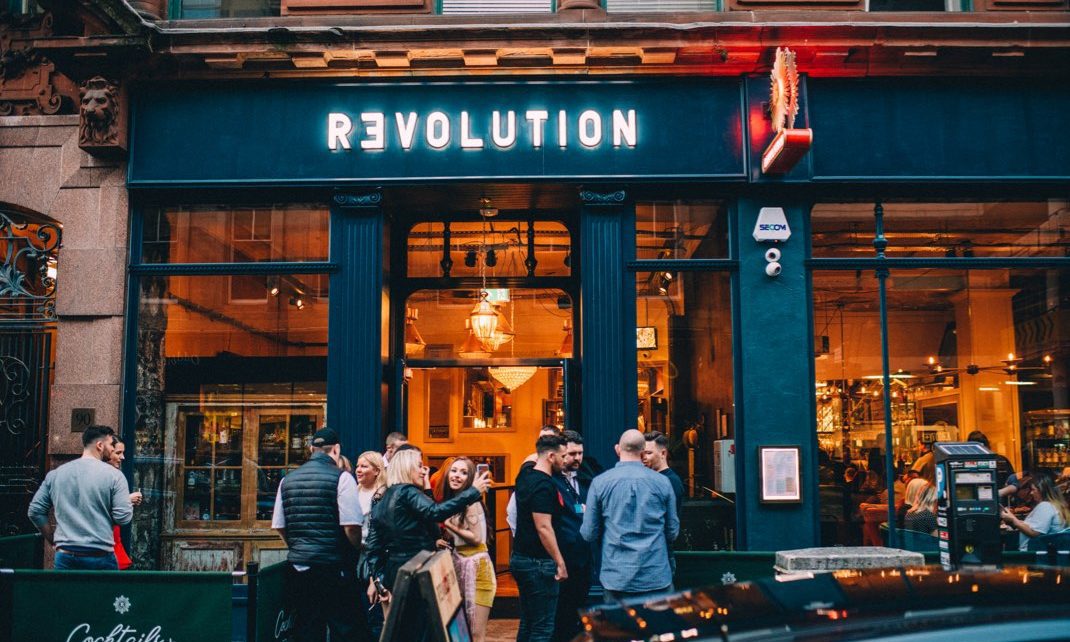Register to get 5 free articles
Reveal the article below by registering for our email newsletter.
Want unlimited access? View Plans
Already have an account? Sign in
Wetherspoon has said it is “cautiously optimistic” after half-year like-for-like sales rose by 13.1%, despite the fact they remained 0.7% lower than the same period pre-pandemic.
The group was bolstered by strong festive trading, with like-for-like sales in the last 12 weeks 17.8% higher than the same period a year ago, though still 2.0% lower than the pre-pandemic period.
As at 22 January 2023, the company’s net debt stood at £745m, around £60m lower than what was reported at the same stage in FY20. The group said it has also repaid government business interruption loans of £100m, which had been due to mature in August 2023.
Over the period, the company has opened two pubs and sold a further 10, the sales of which resulted in a cash inflow of £2.9m. Some 35 pubs remain on the market.
While the group acknowledged it would have to contend with higher costs in labour, food, energy and maintenance, chairman Tim Martin said that unfair tax treatment was the biggest threat to the hospitality industry currently.
He said: “We are cautiously optimistic about the company’s prospects for the financial year. The biggest threat to the hospitality industry is the vast disparity in tax treatment between pubs and restaurants and supermarkets.
“Supermarkets pay zero VAT in respect of food sales, whereas pubs and restaurants pay 20%. This tax benefit allows supermarkets to subsidise the selling price of beer. We estimate that supermarkets have taken about half of the pub industry’s beer volumes since Wetherspoon started trading in 1979, a process that has likely accelerated following the pandemic.”
He added: “Pub industry directors have, in general, failed to campaign for tax equality, which is an important principle of taxation. Unless the industry campaigns strongly for equality, it will inevitably shrink relative to supermarkets, which will not help high streets, tourism, the economy overall, or the ancient institution of the pub.”



